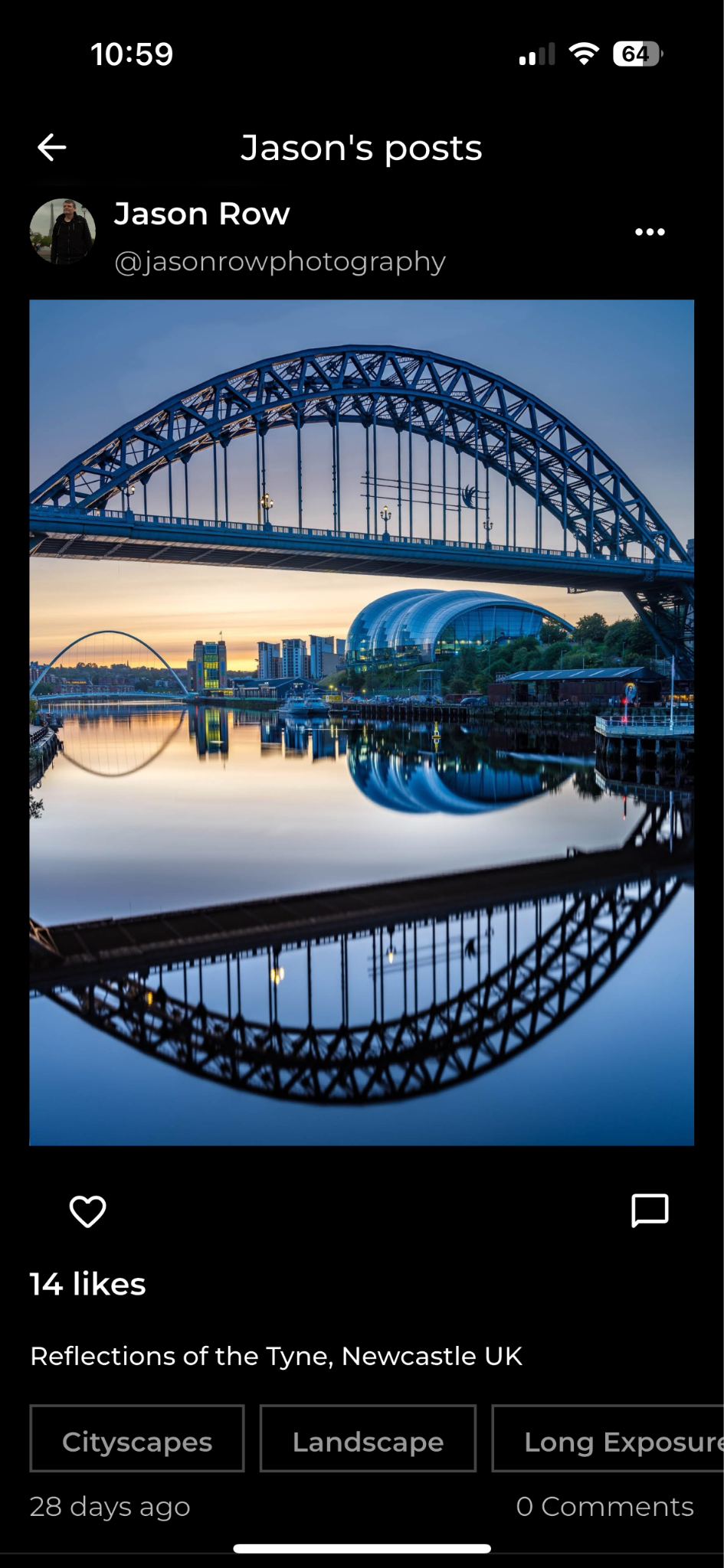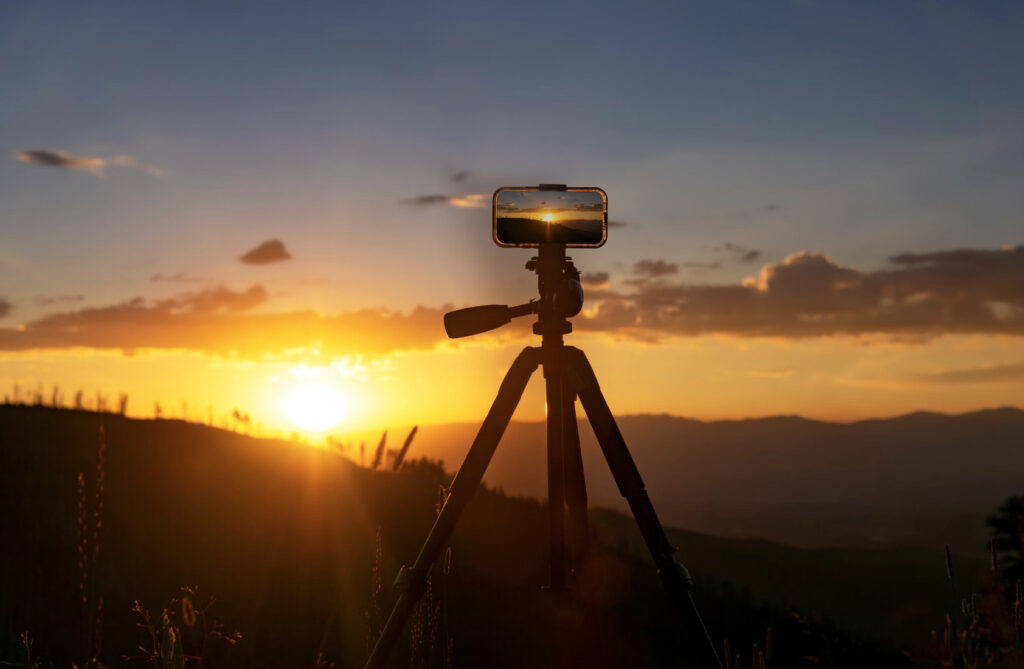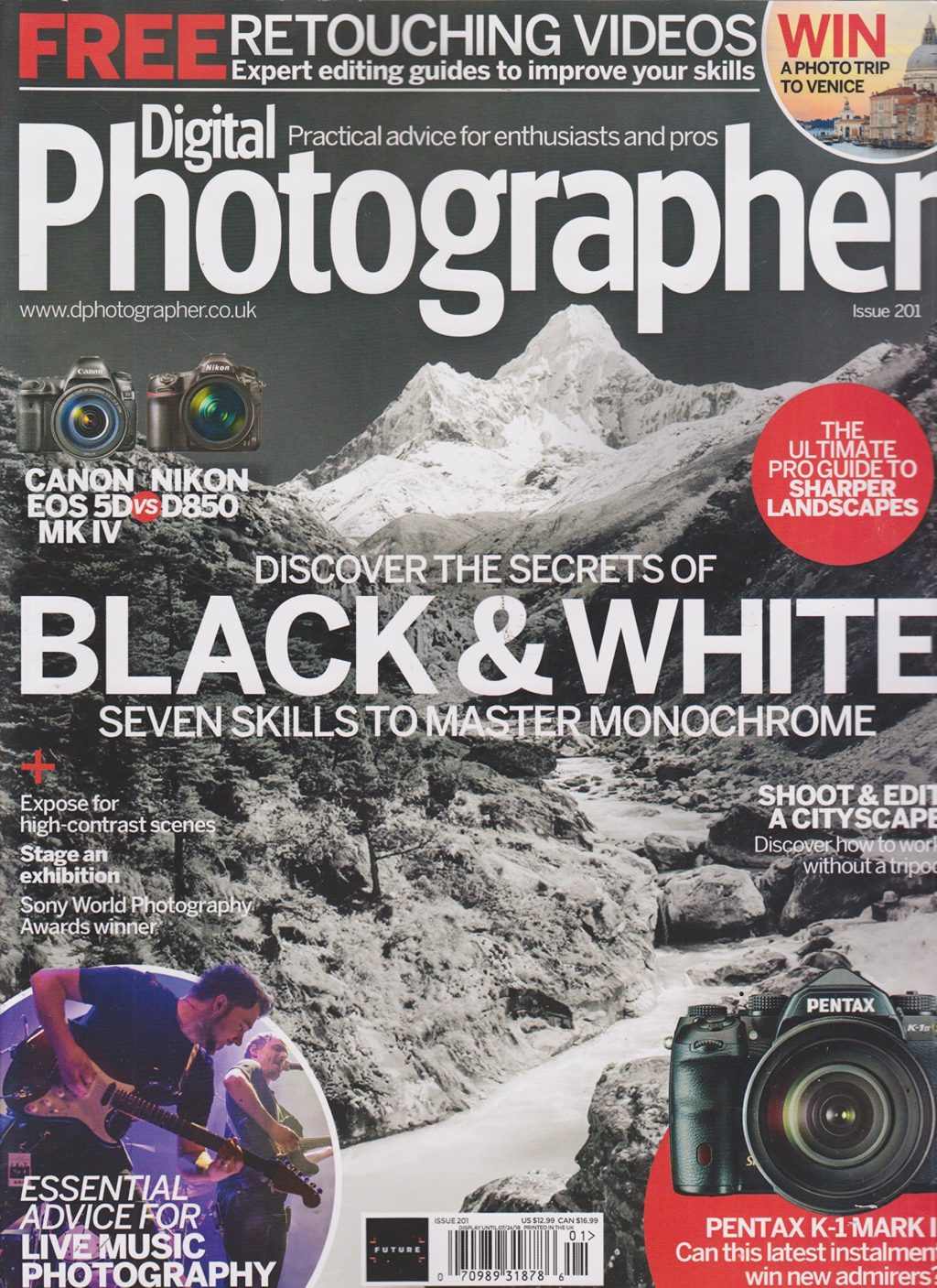I once won a photography competition with a $50 camera, so no, gear doesn’t matter. I could end this article right here, except gear does matter in many circumstances. So when I see the arguments on social media about this subject, it always seems to be painted in black and white, clearly, it isn't.
It ignores the fact that skill is a prerequisite in most photos, it also ignores the fact that in some, perhaps many subjects technology can help us get images that would be impossible with less capable cameras.
Today I want to explore this area a little more and look at why the “gear (doesn’t) matter” argument is much more nuanced than social media would suggest.
Skill vs Gear
The cameras that we can buy today are quite simply extraordinary in their capabilities. But that’s not the full story. The technology behind the software we use is also incredible. We can take a fairly humdrum image in camera and process it into something very striking.
However, that is not a good use of the amazing technology our cameras have. We should be making use of all the inbuilt features of modern cameras to take images that do not require massive amounts of editing. That takes skill.
Now, if we go back only two and half decades, taking a striking, beautiful, amazing photo, required skill and vision. Twenty five years ago, the vast majority of images were still taken on film. Yes there was autofocus, auto exposure and matrix metering and yes these helped. However the medium we recorded to was film and that was relatively limited in what we could do with it after the shutter button was pressed.
As you might guess, there is a big “however” coming and it’s this. Photographers still took incredible images. Around the same time I won that competition – we had a visit to our camera club by renowned sports photographer, Eamonn McCabe.
I was blown away by one of his images, the image of table tennis player Li Zhenshi. If you have not seen it, it is mesmerizing. It was taken in 1978 with no autofocus, just an innate understanding of his camera, lens, light and the sport he was shooting. These days that image would be pretty easy to capture from a technical point of view, but you would still need the understanding of the light and the sport. It’s a classic example of why the gear matters debate is not that simple.
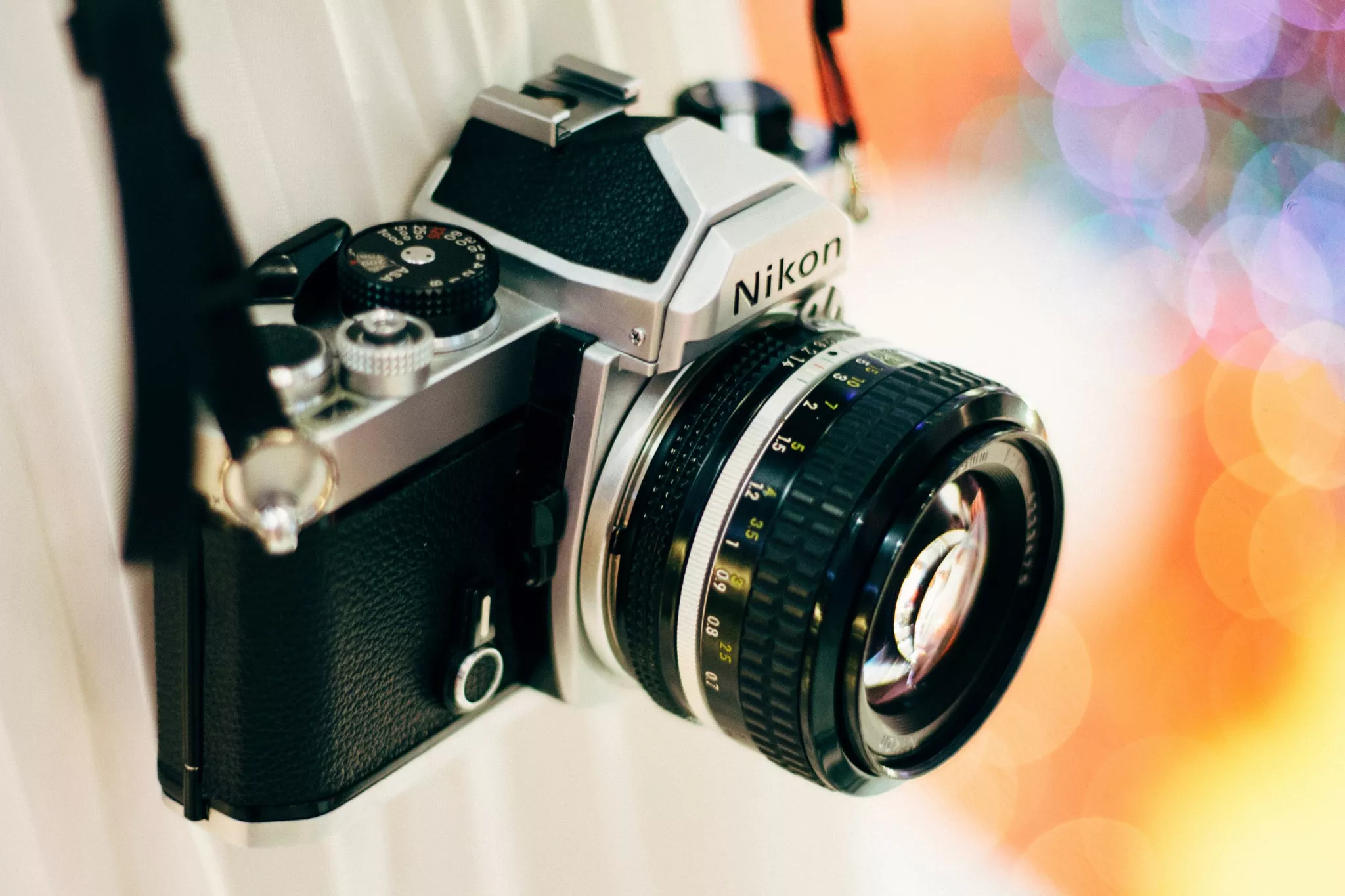
Gear Does Matter
If we go back to the Eamonn McCabe example, in modern day sports photography, gear very much does matter. But not for the reason you might think. If we were back in 1978, the playing field (pun intended) was fairly level. My $50 camera was as capable as Mr McCabe’s in getting that shot, assuming I had access to a similar fast lens and high ASA film. What was lacking was my photographic skill and knowledge of the sport.
These days, as an example, professional sports photography is a highly competitive business, with many freelancers vying with staffers, all trying to get the money shot. In order to remain competitive they have to invest in the latest and greatest tech in order to stay relevant. This is a classic case of gear mattering but it’s not the only one.
Beyond the latest and greatest there are areas where different modern cameras would excel at different things. For example, my Sony a7Rv is amazing at subjects like landscapes and architecture, but not so good in low light and action. Another Sony camera, the A7SIII excels at both low light stills and video but has only a 12mp sensor, making it much less competitive in genres that the a7Rv excels at.
We are now in an era where if you shoot multiple different genres, you may need to use two different models from a manufacturer’s line up to stay relevant.

Gear Doesn’t Matter
All of the above matters if you are a professional photographer in a competitive field. However, it matters much less to an enthusiast who is taking photographs for themselves. Most enthusiasts will only have the budget for one camera, and that camera will be the one that does the vast majority of what they want well.
Many of the limitations of cameras can be overcome with knowledge and skill, especially if you are not shooting in a highly competitive environment.
There are also many genres of photography where gear doesn’t really matter at all. Documentary photography, for example, is about getting a shot that tells a story. It often doesn’t have to be technically perfect. Street photography is a similar genre as is most everyday, outdoor photography.
Many of the general images that we take can, these days, be created on smartphones. We don’t need or want technical perfection, however we can still understand and manipulate light and composition using a humble iPhone.
There is a saying that the best camera is the one you have with you. Now I don’t prescribe to that fully, however if an amazing scene unfurls in front of you and the only camera you have is an old iPhone 8, then getting the image on that will certainly be much better than not getting the image at all.
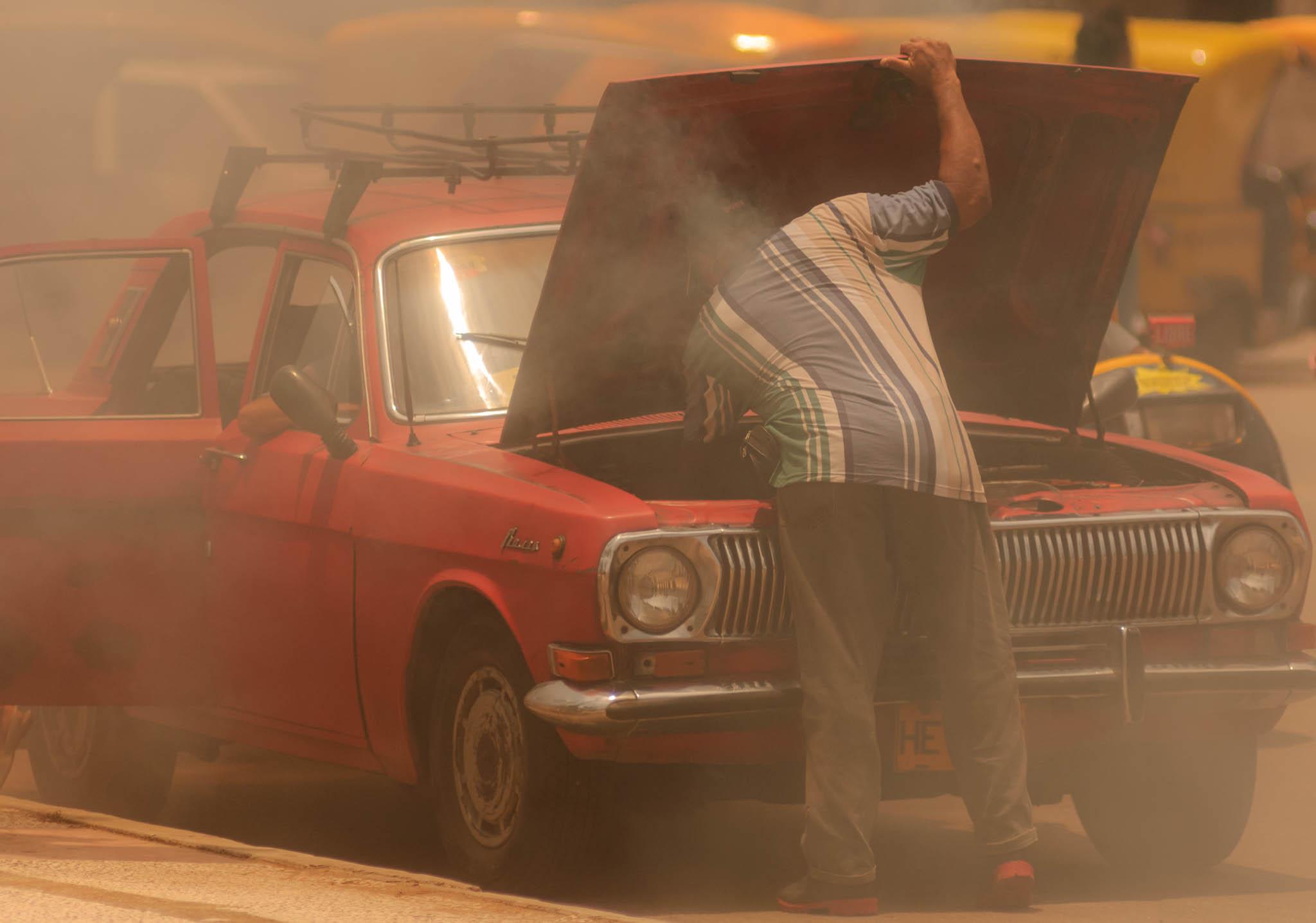
The 600mm Elephant In The Room
Now, up to this point, I have been talking solely about cameras. However, that’s only half the equation. The other half is the glass. I would say that the lens you choose does matter more than the camera. Again, it’s not always black and white however, there are certain types of shots that do require a long telephoto or a fast prime. You simply will not get them any other way.
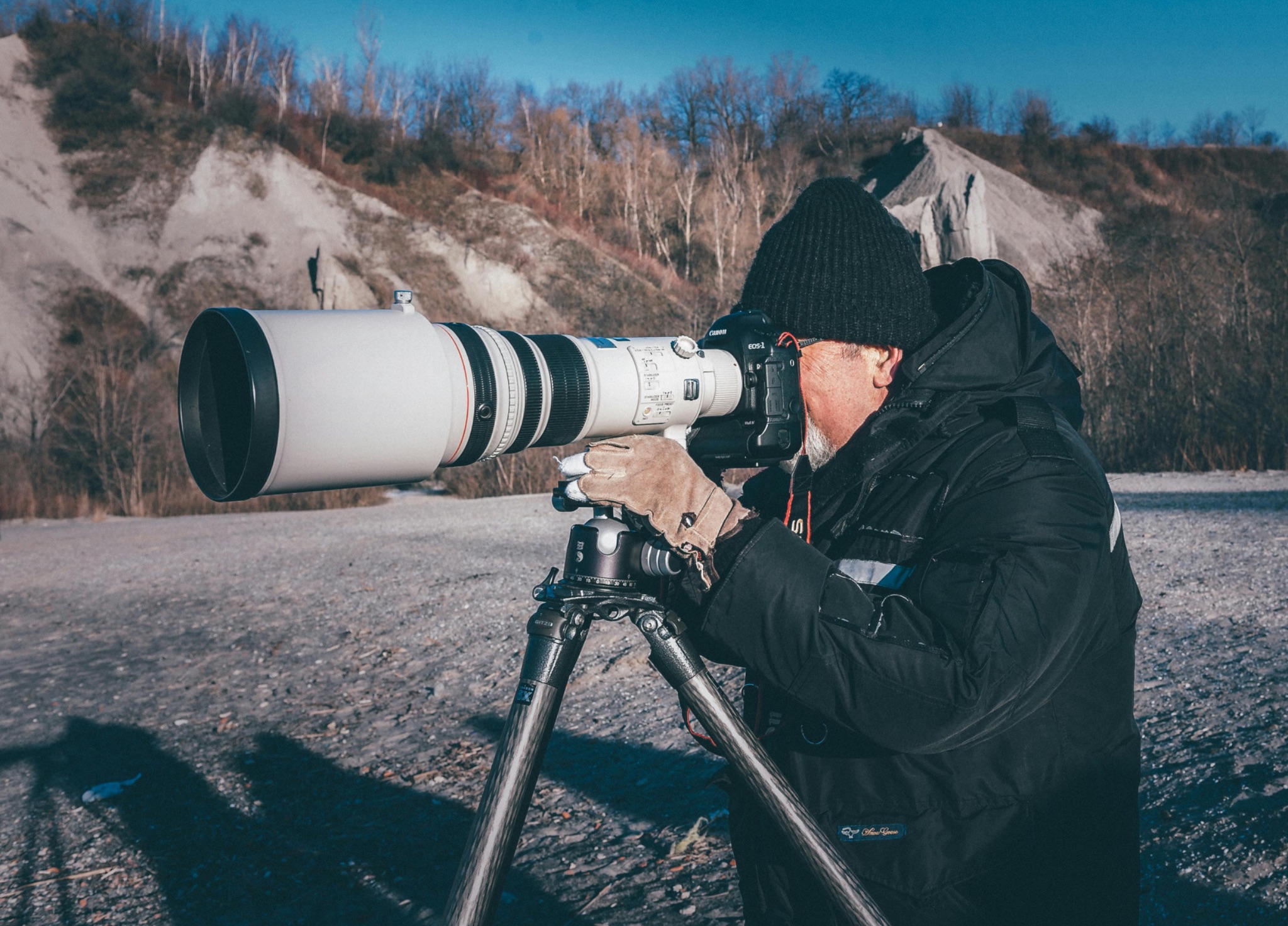
Shooting a stunning bird on a standard kit lens is not going to yield great results. Put a decent telephoto on pretty much any modern camera and the chance of a good result goes up exponentially.
The same could be said of portraiture. Whilst you might get reasonable results with a slow standard lens, pop on a fast 85mm and you can throw the background out and get a much more classic portrait look.
Some might argue that smartphones now contain longer lenses and the ability to add Bokeh, and they would be correct. However, smartphone “faux” Bokeh is usually very obvious and unnatural and long lenses often use digital zooming to get that effect and will also be very slow.
The advantages of lenses though is we can choose to add them at any time during our photographic journey. We don’t have to switch cameras and even if we do, so long as we stay on brand, the lens will give us good service for many years. Lenses are always a good investment.

So does gear matter? It matters what you want to do and achieve with that gear. For some, it absolutely matters what camera and lens they are shooting with. For many others it is of relatively secondary importance.
However, going back to the inspiration for this article, the arguments on social media, it’s clearly not a black and white answer, despite the protestations of both camps. The fact is, that whatever gear you choose, and what you use it for should not have to be defended.
Be happy with whatever you shoot with, ignore the social media echo chamber and just enjoy photography.

